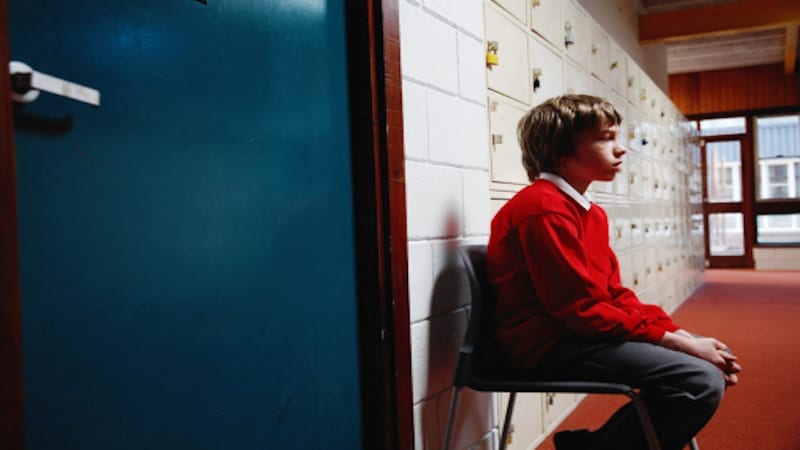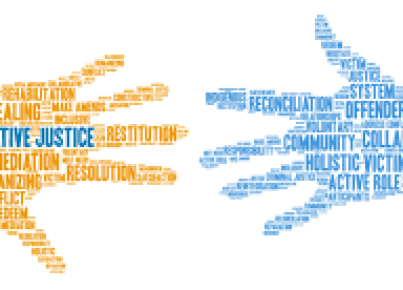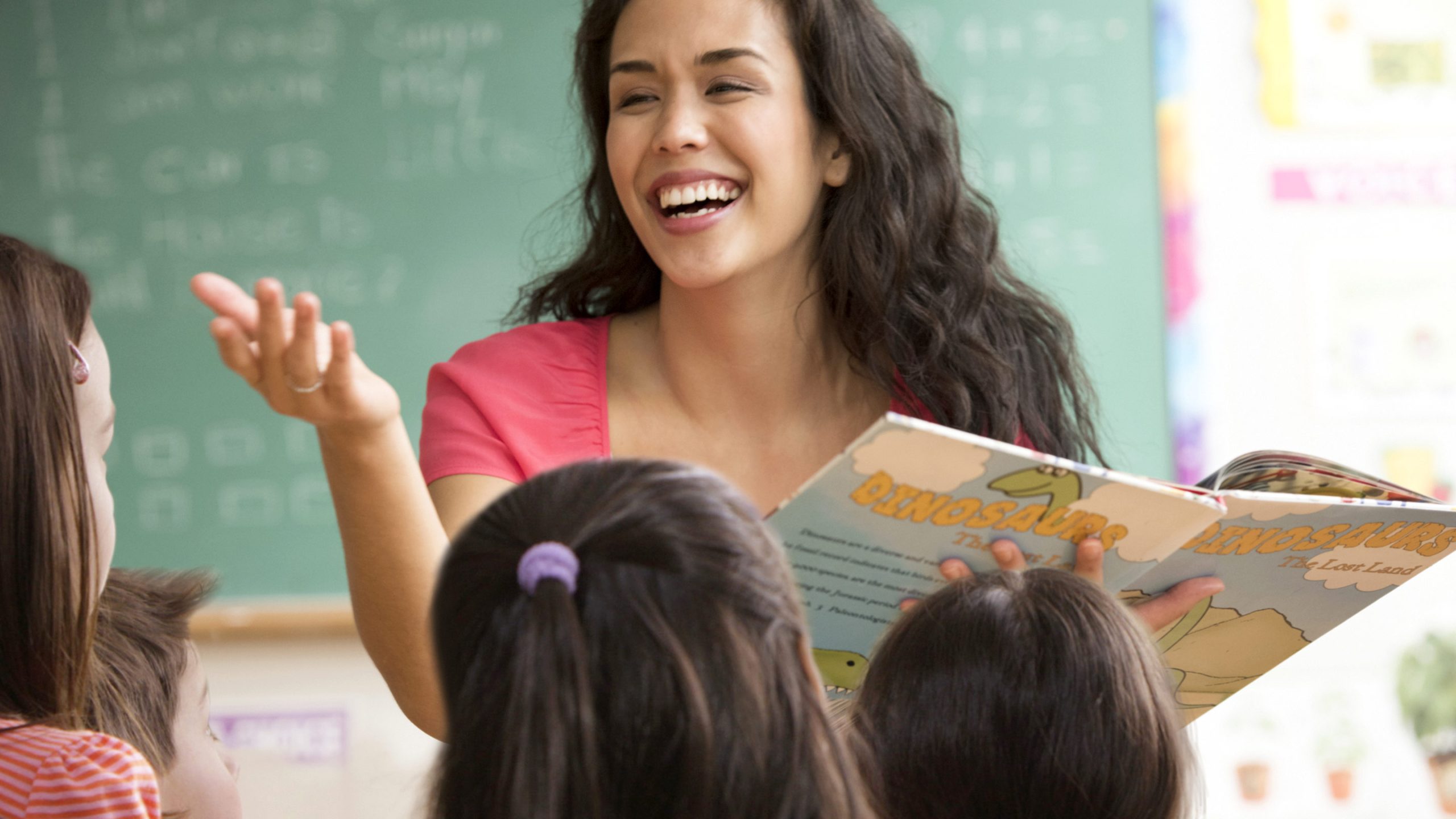Introduction:
School discipline is a critical aspect of creating a conducive learning environment that fosters respect, promotes responsibility, and cultivates good behavior. For principals, maintaining an effective discipline system is paramount. In this article, we explore some School Discipline Ideas that benefit students the most.
1. Establish clear expectation and rules:
One of the key elements to effective school discipline is to establish clear expectations and rules for all members of the school community. This can be done through developing a student code of conduct or handbook that outlines expected behavior and consequences for non-compliance. Involving staff, students, and parents in creating these guidelines can lead to better understanding and adherence.
2. Implement Restorative justice practices:
Restorative justice focuses on repairing harm rather than punishing the wrongdoer. By encouraging students to take responsibility for their actions, apologize, and make amends, schools can create a more empathetic environment where conflicts are resolved respectfully.
3. Use Positive Behavior Interventions and Supports (PBIS):
PBIS is an evidence-based practice that encourages positive behavior through reinforcement and recognition. By praising students who exhibit good behavior, schools can motivate other students to follow suit.
4. Provide Social-Emotional Learning (SEL) programs:
SEL programs promote self-awareness, self-management, social awareness, relationship skills, and responsible decision-making in students. Integrating SEL into everyday instruction helps students understand emotions better and fosters positive interactions with peers.
5. Offer diverse extracurricular activities:
Involving students in a wide range of extracurricular activities (such as sports, arts programs, volunteering) helps students acquire new skills while teaching teamwork, leadership, and responsibility.
6. Foster strong teacher-student relationships:
When teachers build strong relationships with their students, they are more likely to gain respect from them. Encouraging open communication and creating opportunities for one-on-one interactions can help nurture these relationships.
7. Promote student voice and ownership:
Providing opportunities for students to take leadership roles in school matters gives them a sense of ownership and responsibility. This can lead to increased engagement and motivation in their school community, fostering better behavior.
8. Offer professional development opportunities to staff:
By providing consistent professional development opportunities on effective discipline strategies, schools can ensure that their staff is well-equipped to address behavioral issues in a proactive and positive manner.
9. Engage parents and guardians:
Keeping parents informed of their child’s progress and involving them in the disciplinary process helps create a collaborative approach. Organizing regular home-school communication platforms can promote parental involvement and support in managing student behavior.
10. Provide mental health resources:
Ensuring that students have access to mental health support services is crucial for addressing any underlying issues causing poor behavior. Incorporating school counselors, psychologists, or social workers into the discipline process is essential for determining the root cause of negative behavior.
Conclusion:
Effective school discipline strategies ensure a safe learning environment for all students, promoting responsibility and positive interactions. By considering innovative approaches to discipline, principals can maximize the benefits for their students’ overall well-being and academic success.





